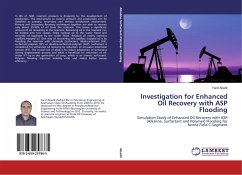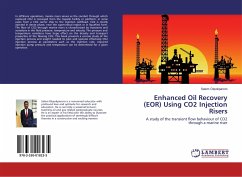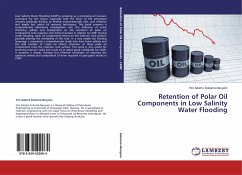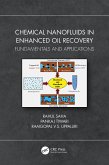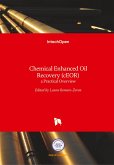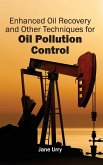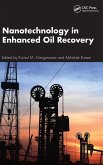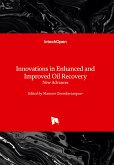In life of field, reservoir pressure is dropping by the development of production. The mechanisms to control pressure and production can be classified as primary, secondary and tertiary production mechanisms. Primary and Secondary Recovery techniques together are able to recover only about 35-50% of oil from the reservoir. This leaves a significant amount of oil remaining in the reservoir. Remaining oil in the reservoir can be divided into two classes, firstly residual oil to the water flood and secondly oil bypassed by the water flood. Residual oil mainly contains capillary trapped oil. One way of recovering this capillary trapped oil is by flooding the reservoir with chemicals (surfactant, alkali-surfactant (AS), surfactant-polymer (SP), or alkaline-surfactant-polymer (ASP). Surfactant is considered for enhanced oil recovery by reduction of oil-water interfacial tension (IFT). The crucial role of alkali is to reduce adsorption of surfactant during displacement process and alkali is beneficial for reduction of oil-water IFT by in situ generation of soap, which is an anionic surfactant. Polymer flooding improves mobility ratio and makes better sweep efficiency.
Bitte wählen Sie Ihr Anliegen aus.
Rechnungen
Retourenschein anfordern
Bestellstatus
Storno

